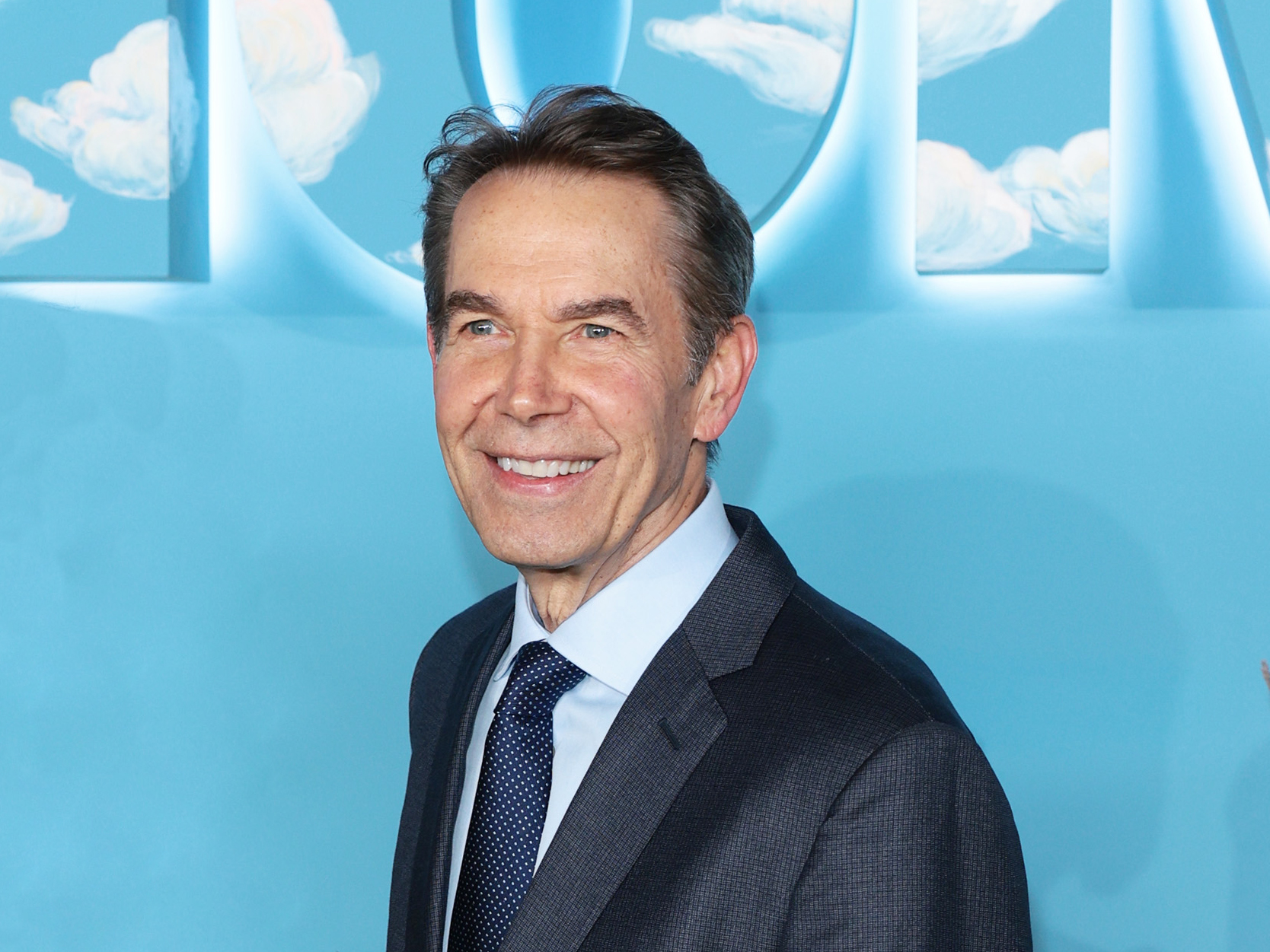
- Interviews
Jeff Koons on Art’s Universal Vocabulary
When you spend a little time interacting with Jeff Koons, it is easy to understand the reason behind his success. With the humility of the wisest and the demeanor of someone always eager to learn, it is not surprising why he has become one of the most influential and prominent artists in the world. His unique style and use of everyday objects in his artwork have challenged traditional notions of beauty. His impact on contemporary art cannot be overstated. Koon’s work has been exhibited in all the major museums and galleries, yet his reach has gone beyond the conventional halls of high art. His keenness to participate in today’s cultural dialogue has made him collaborate with fashion brands, pop artists and cinema directors.
Jeff Koons agreed to an interview while we both attended an art event in Greece.
You have achieved a great level of success, not only in terms of prestige, but also commercially. What do you think was behind you making it in the world of contemporary art?
I have always just wanted to participate. I wanted to be part of a dialogue, be part of a group. I never anticipated the singularity of the success. I was surrounded by much more brilliant artists throughout my life. However, whatever my limitations were, I always wanted to participate. I always had a sense of self-acceptance and was able to absorb rejection. While creating, I always had the belief that my intentions were good and continuously strived to become a better human being.
Your work has been praised, but also not immune to criticism. How do you deal with those diverse responses to your work?
First, I didn’t understand criticism. I have never tried to do something controversial. My work is just a response to the things I enjoy in the world. When people started to question the moral reasons for making such work, I learned to shake it off. My intentions were always positive. I also, believe my work is not just about an individual voice. I belong to a generation. The ideas that are being brought forward are part of a generational voice.
How would you the describe your creative process?
I follow my interests. I am not afraid the art will leave me, because I believe that if we follow intensely what we like we fall into the metaphysical realm of abundance. It doesn’t fail.
There is fear among artists and curators, nowadays, due to AI and its power to possibly replace their functions. What are your thoughts on the subject?
I believe technology is a tool. It has always adapted throughout the ages and helped create and define each generation. Technology can create problems but can also solve them. I think AI will challenge our complacency. That could be a good thing. It will heighten our senses. It will bring us back to our biology. It’s often mentioned how little we use our brain’s capacity. AI will start making us wonder how little we use perception. In fact, I am realizing that whereas my first phase of work has focused on creating feelings, my later phase has been taking me to biological memory. It’s about bringing us back to essence, to a connection as profoundly metaphysical as possible.
You have always gone beyond the conventionality of the world of high art. You have namely participated as an actor in the movie Milk by Gus Van Sant and your work has appeared in the movie Spider-Man: Across the Spider-Verse (2023). What makes you go for these nonstandard collaborations?
I trust my intuition. I am open to any collaboration, unless my intuition says no. As far as the acting is concerned, I connect very much with its philosophy: being in the moment. I try to embrace that idea every day. The Spider-Verse movie was something I was very proud to be associated with. Phil Lord and Chris Miller saw my exhibition at the Whitney, and it inspired them to create the postmodern world of Spider Man, where same things could exist in different times. It’s about particle theory and physics. The film has taken animation to a whole new high bar. It has given the audience a phenomenal wealth of experience and perception.
What’s the advice you would give to younger artists wanting to succeed in the art world?
To always be open to the world. Everything is here to be incorporated. There should be no fear or anxiety. If one is open to one’s interests, that will automatically lead the artist to the universal vocabulary, they are meant to explore.

